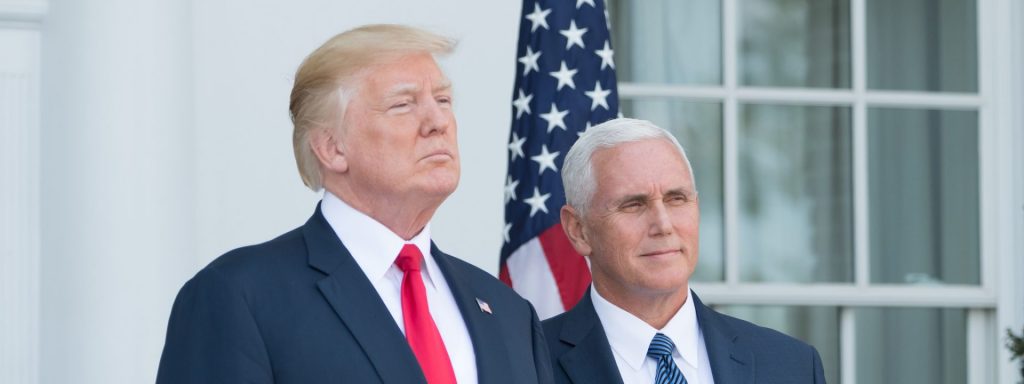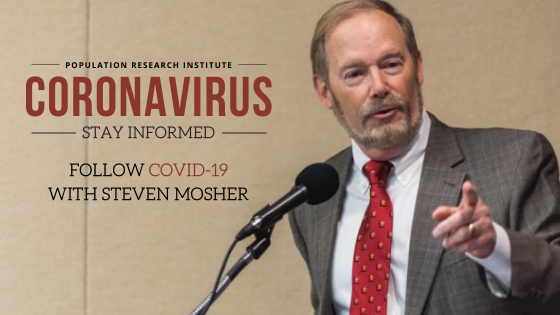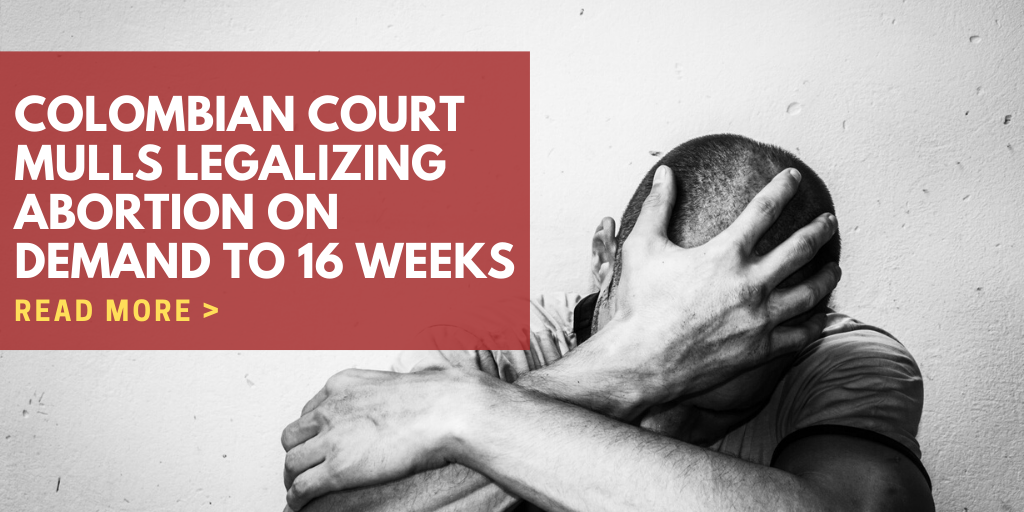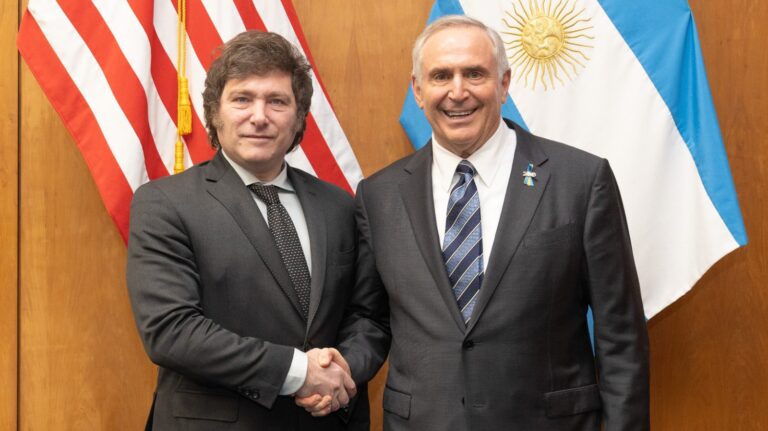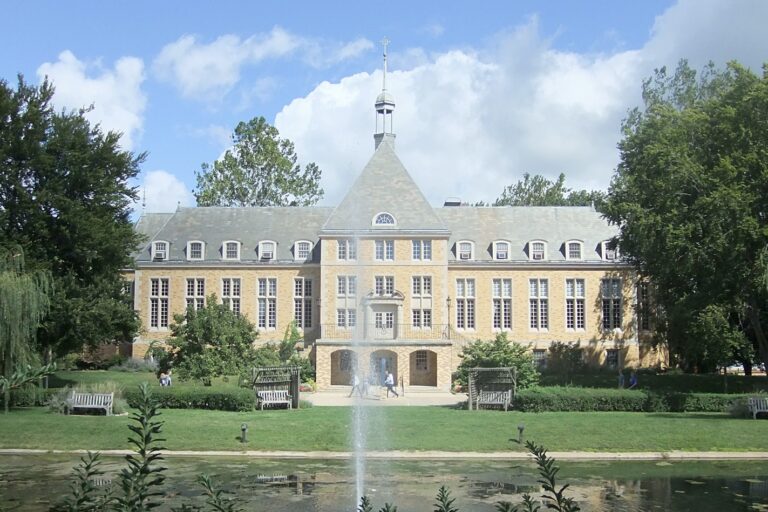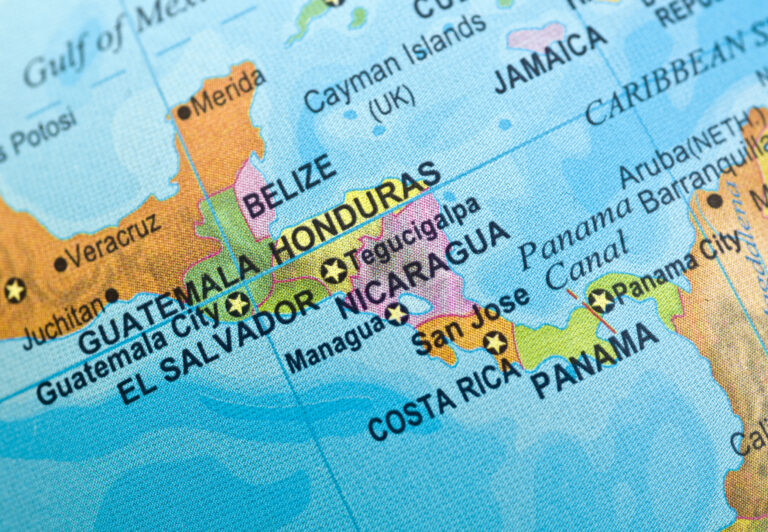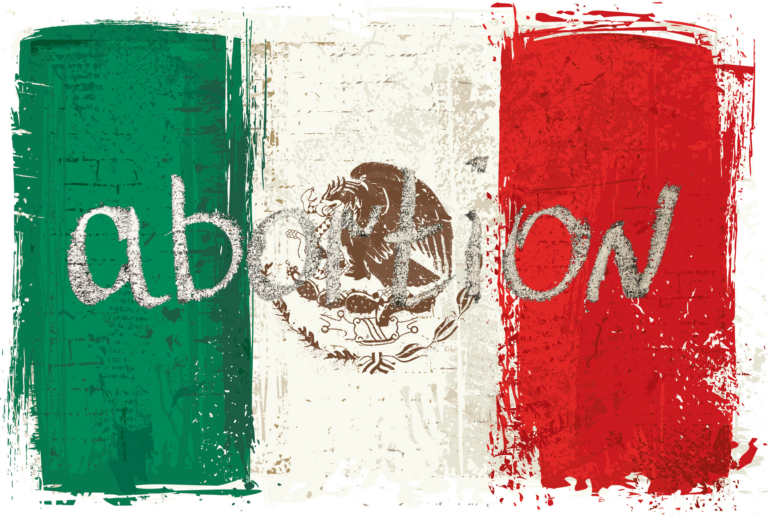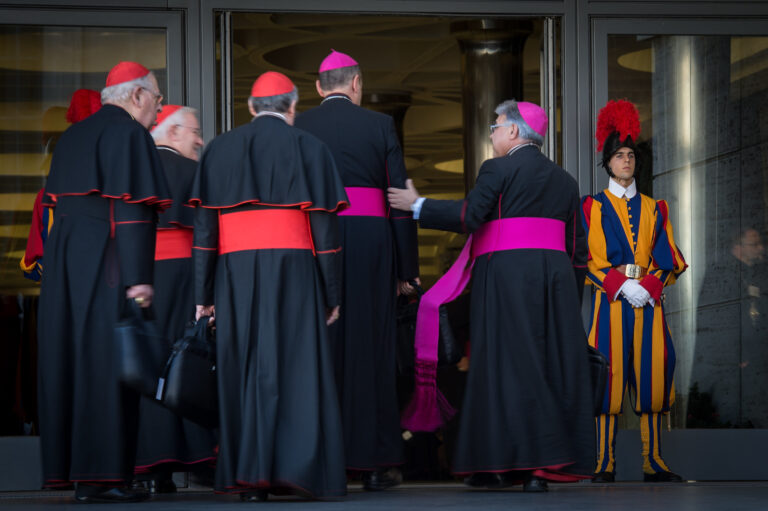Forty-eight pro-life organizations from across Latin America and Spain including PRI Latin America, have signed a letter thanking U.S. President Donald Trump for his pro-life leadership and for his administration’s commitment to defending the right to life on the international stage.
The letter was signed by 49 pro-life leaders representing organizations in 16 countries including Honduras, Guatemala, El Salvador, Nicaragua, Panama, Venezuela, Ecuador, Colombia, Peru, Brazil, Argentina, Paraguay, Chile, Bolivia, Uruguay, and Spain.
In the letter, leaders of Latin American pro-life organizations, some of whom were present at this year’s March for Life in D.C., congratulated President Trump on his speech at the 2020 National March for Life Rally in Washington, D.C. on January 24th.
The pro-life leaders thanked the President for his strong support for the right to life in his March for Life speech, and they commended President Trump for calling on Congress to pass legislation banning late-term abortion at the point when unborn babies can feel pain.
This year’s March for Life in D.C. was the first ever to be addressed in-person by a sitting U.S. President.
The Latin American pro-life leaders also thanked Trump for his willingness to take a stand for the unborn both domestically and internationally. They praised the administration for taking tangible steps to defend the right to life at international organizations such as the Organization of American States (OAS) and the United Nations.
The letter extolled the Trump administration for denouncing “sexual and reproductive rights” language at the OAS and the U.N., language which pro-abortion advocates interpret as implying a “right” to abortion on demand. “Sexual and reproductive health and rights” language is often used at the U.N. and OAS to pressure pro-life countries into legalizing abortion.
“We commend your efforts and those of Vice-President Pence and Secretary Pompeo, to protect Latin American state sovereignty over our pro-life laws,” the letter read.
The Latin American pro-life leaders also thanked the Trump administration for withdrawing funding from the Organization of American States (OAS), a regional organization that has long attempted to pressure Latin American countries into legalizing abortion.
Last year, on March 26th, U.S. Secretary of State Mike Pompeo announced that the Trump administration would be withholding $210,000 from the United States’ assessed contribution to the Organization of American States on account of pro-abortion lobbying exhibited in recent years by the Inter-American Commission on Human Rights (IACHR). The IACHR is an organ of the OAS with a mandate to monitor and promote the observance of human rights in the Americas.
Assessed contributions are funds that member states are required under treaty to pay to the organization. Funds that the OAS receives through assessed contributions are then budgeted to various organs of the organization, including IACHR.
According to the Department of State, the funding cut is equivalent to the estimated share of the U.S. government’s assessed contributions to OAS that are used for abortion-related activities carried out by IACHR.
Secretary Pompeo had made the decision to cut funding to OAS citing the Siljander Amendment, a little-known clause in Congress’ annual budget bill which prohibits U.S. foreign aid from being used to pay for activities that lobby for or against abortion. The State Department found IACHR to be actively engaged in lobbying Latin American governments to legalize abortion, and it was determined that IACHR was ineligible to receive U.S. funding.
The Siljander Amendment has been included in every State and Foreign Operations Appropriations bill since 1981 and is one of more than a half-dozen provisions in the annual federal appropriations bill that prohibits U.S. government funds from financing abortion-related activities.
“[The] administration’s withdrawal of U.S. funds from the Organization of American States (O.A.S.) for abortion advocacy…was a long awaited step that gives enormous support to our fight against the imposition of the abortion agenda on our countries,” the letter from Latin American pro-life leaders read.
“Secretary Pompeo’s strong stance against O.A.S. pressure to overturn our national pro-life laws has been unprecedented and greatly welcomed by our countries,” they emphasized.
Human rights bodies and organs at the U.N. and OAS routinely engage in activist reinterpretations of international human right treaties and agreements in an attempt to invent new rights never agreed to by member states. Human rights bodies and organs at the U.N. and OAS routinely use their positions of authority to subject pro-life countries to derision and pressure to decriminalize and legalize abortion on demand.
For instance, in 2017, the U.N. Human Rights Committee attempted to take article 6 of the International Covenant on Civil and Political Rights—the article of the Convention which guarantees the right to life for “Every human being”—and reinterpret it to mean that states “must provide” legal abortion in cases of rape, incest, maternal health, fetal disability, and in cases where continuing a pregnancy would cause “substantial pain or suffering.”
Human rights bodies at the U.N. and OAS and pro-abortion NGOs routinely subject pro-life to chastisement and warnings that failure to legalize abortion puts them out of step with “international human rights standards” and treaty obligations. This despite the fact that no international human rights treaty recognizes a “right” to abortion and despite the fact that abortion remains illegal under most circumstances in many countries.
“In recent decades, the OAS has been infiltrated by pro-abortion activism,” says Carlos Polo, Director of Population Research Institute’s Office in Latin America and one of the pro-life leaders who signed the letter addressed to President Trump.
“The Commission and the Inter-American Court of Human Rights are made up of a pro-abortion majority that is determined to reinterpret article 4 of the American Convention on Human Rights which protects life from conception,” Polo says.
In recent years, IACHR and other organs of the OAS have engaged in blatant promotion of abortion and attempted to pressure sovereign Latin American governments into legalizing the killing of the unborn.
In 2017, the IACHR applauded the government of Chile for legalizing abortion in cases of rape, fetal disability, and health of the mother.
The IACHR supports the legalization of abortion under broad circumstances, stating “Decriminalizing abortion reaffirms women’s ability to decide how best to deal with the consequences of a pregnancy, based on their convictions and their circumstances.”
In 2018, the IACHR called on the government of El Salvador to decriminalize abortion and asked the Salvadoran government to “amend [ ] legislation that currently bans abortion in all circumstances.” According to IACHR, decriminalizing abortion is necessary to bring El Salvador “into line with international human rights standards.”
Also in 2018, after the IACHR conducted its country visit to Honduras, the Commission chastised Honduras for its laws protecting the right to life for the unborn child, saying “IACHR condemns the fact that the [Honduran] state still criminalizes abortion outright.”
Once more, in 2018, IACHR commissioners also held a public hearing with representatives of the Argentinian government and pro-abortion NGOs on the benefits of legalizing abortion during a time the Argentine Congress was engaged in a heated debate over a legislative bill that sought to legalize abortion. At the hearing, the IACHR commissioners attending the event lobbied for the legalization of abortion, stressing that the government must ensure access abortion in cases in which it is legal in Argentina and that Argentina must bring its abortion regulations into compliance with “international standards” and treaty instruments.
With respect to the Trump administration’s pro-life leadership at the United Nations, the letter from Latin American pro-life leaders specifically thanked the administration for spearheading the Joint Statement at the U.N. High-Level Meeting on Universal Health Coverage last September. In the Joint Statement, the United States and 18 other nations officially denounced the promotion of abortion and the use of “sexual and reproductive health and rights” language in U.N. documents. The Joint Statement declared that “sexual and reproductive health and rights” should “not be used to promote pro-abortion policies and measures.”
Last November, the Trump administration again reiterated its opposition to abortion and to “sexual and reproductive health and rights” language at the International Conference on Population and Development 25th anniversary summit in Nairobi, Kenya. There, the U.S. delegation, along with 10 other nations, declared that they “do not support references in international documents to ambiguous terms and expressions, such as sexual and reproductive health and rights (SRHR), which do not enjoy international consensus.”
This past January, the Trump administration took its pro-life leadership to a new level when U.S. Department of Health and Human Services Secretary Alex Azar hosted foreign health leaders from 35 countries to form a united coalition of nations in opposition to the promotion of abortion at the U.N. and in international fora.
“I am sure you are all familiar with the constant drumbeat in the halls of the United Nations and the WHO to normalize the terms ‘sexual and reproductive health’ and ‘reproductive rights,’” Secretary Azar said in his address to representatives of foreign governments at the Blair House this past January, “it is increasingly becoming clear that some U.N. agencies and countries want this to mean unfettered access to abortion, and we cannot let this threat go unanswered.”
In addition to taking a stand against abortion language in international fora, the Trump administration has also taken steps to defund pro-abortion NGOs abroad. In 2017, President Trump reinstated a vastly expanded version of the Mexico City Policy as one of his first acts as president. Under the current administration, the Mexico City Policy applies to nearly $9 billion worth of U.S. global health funding. The policy blocks U.S. global health grants from funding foreign NGOs that perform abortions or promote abortion in foreign countries.
“For decades, organizations like IPPF, Marie Stopes, Pathfinder and many other pro-abortion NGOs have been working to change pro-life laws in Latin America and these organizations have long been funded by American taxpayers,” Polo said, “But today, we see Donald Trump is reversing the economic and political support that Democrats presidents like Barack Obama have given to the abortion industry.”


